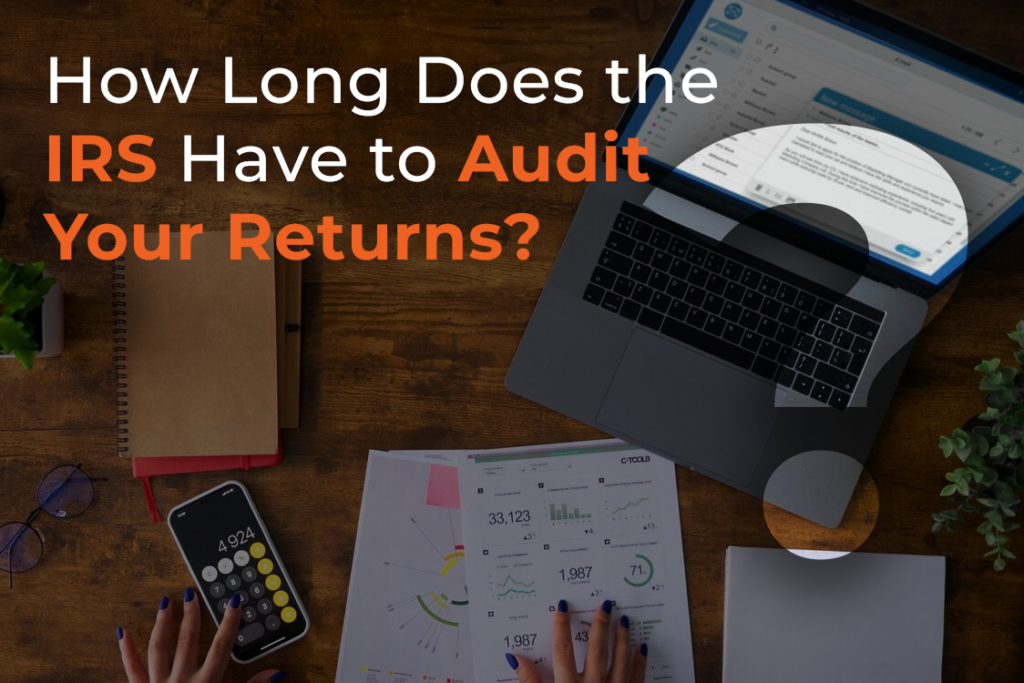Nobody wants to spend their whole life looking over their shoulder, wondering if the IRS will audit them. Luckily, there is a statute of limitations on IRS audits and tax assessments. Once the limitations period expires, the IRS can’t audit your return or assess any additional tax.
You may have heard that the statute of limitations on audits is three years. That’s generally the case, but not always. Depending on the circumstances, the IRS could take far longer to audit your return—and sometimes forever.
Unless another limitations period applies, the IRS has a maximum of three years to audit your return and impose a tax assessment. The three-year period starts to run on the later of
- the due date of the tax return filing (usually April 15 or March 15 for calendar-year taxpayers), or
- the day you file your return.
As a practical matter, the IRS usually audits returns 12 to 18 months after taxpayers file them.
But the IRS has much more time to audit your return if you engage in certain bad conduct.
For example, the IRS has six years to audit your return if you underreport your gross income by more than 25 percent or fail to report more than $5,000 in foreign income.
A five-year limitations period applies to certain employers who claimed the Employee Retention Credit (ERC) during 2021. H.R.7024, which passed the House 357-70, could extend the ERC audit time to six years.
There is no limitations period if you fail to file a return, or if you file a false or fraudulent return with the intent to evade tax. This is true even when your tax preparer, not you, committed the fraud.
If you’re under audit, the IRS will ordinarily ask you to agree to extend the limitations period long before it ends. You do this by signing a consent form. Most taxpayers agree to do this. If you don’t, the IRS will close the audit and typically impose an immediate assessment.




